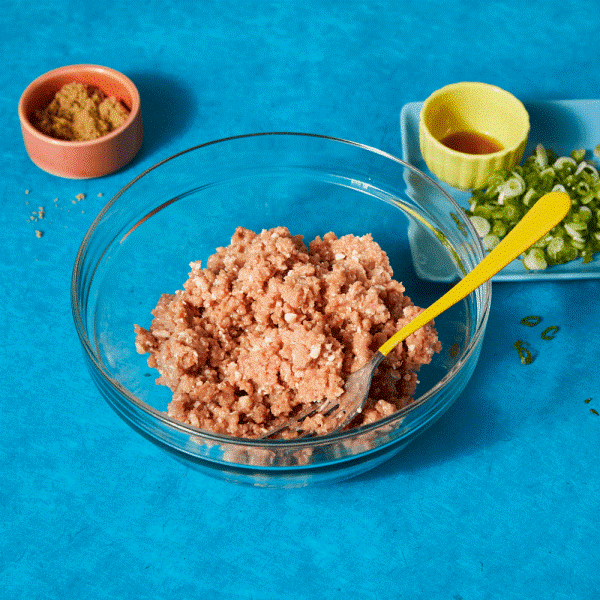Lifestyle
Pork that isn’t pork – but isn’t kosher either

You may recoil at the thought of eating pork. However, you might consider indulging in Impossible Pork. It looks like pork, tastes like pork, but isn’t pork. In fact, it is a next-generation meat substitute made from plants.
Impossible Foods, a plant-based meat company headquartered in the United States, introduced this product in September this year specifically for vegetarians, but also for Jews and Muslims who don’t eat pork.
According to the company, its award-winning pork is healthier than 70/30 ground pork as, among other things, it contains 59% less total fat and 37% fewer calories.
The company claims that Impossible Pork tastes better than ground pork from pigs. In Hong Kong, a blind taste test resulted in 54% of the 200 participants preferring the product to ground pork.
Although every ingredient in the product is kosher, and nothing about its preparation conflicts with Jewish dietary laws, Kosher SA won’t certify Impossible Pork.
“A product which is called pork wouldn’t be certified due to possible confusion in our consumers,” says Rabbi Dovi Goldstein, the managing director of the Beth Din’s kosher department.
This is in line with the decision by the United States-based Orthodox Union (OU), the largest certifier of kosher products in the world, at the beginning of October listing “consumer sensitivities” as the reason for not giving the nod to a product that described itself as pork.
In May 2018, the OU certified a different Impossible Foods product, the Impossible Burger, made from plants for people who love ground beef. Available in countries like the United States, Canada, Singapore, and the United Arab Emirates, the product has given Jews the opportunity to indulge in cheese-topped chilli, greasy cheeseburgers, and the quintessential American diner pairing: a hamburger with a milkshake.
“Impossible Burgers are unfortunately not yet available in South Africa,” says Goldstein. “However, Beyond Burgers, which are produced in the United States [under certification of the OK Kosher Certification agency], are available at Woolworths.”
Kosher SA certifies tens of thousands of products that meet its kosher standards.
“We do have policies in place to ensure that consumers won’t be confused by a product,” says Goldstein. “We would certify ‘pork flavoured’ products in the same way we certify parev ‘meat flavoured’ crisps or ‘cheese flavoured’ meat burgers.”
The OU certifies other products that might seem to conflict with Jewish dietary law, explaining on its website, “A fish sauce may display a picture of a non‐kosher fish, the OU [label] may appear on artificial crab or pork, or there may be a recipe for a non‐kosher food item on the label.” It even certifies other products that aim to replicate the pork experience, such as the “spicy porkless plant-based snack rinds” sold by Trader Joe’s, an American chain of neighbourhood grocery stores.
As the OU doesn’t yet have the policy that all fake meat should be treated like real meat, a kosher restaurant can still serve plant-based cheeseburgers without fear that its license will be revoked.
